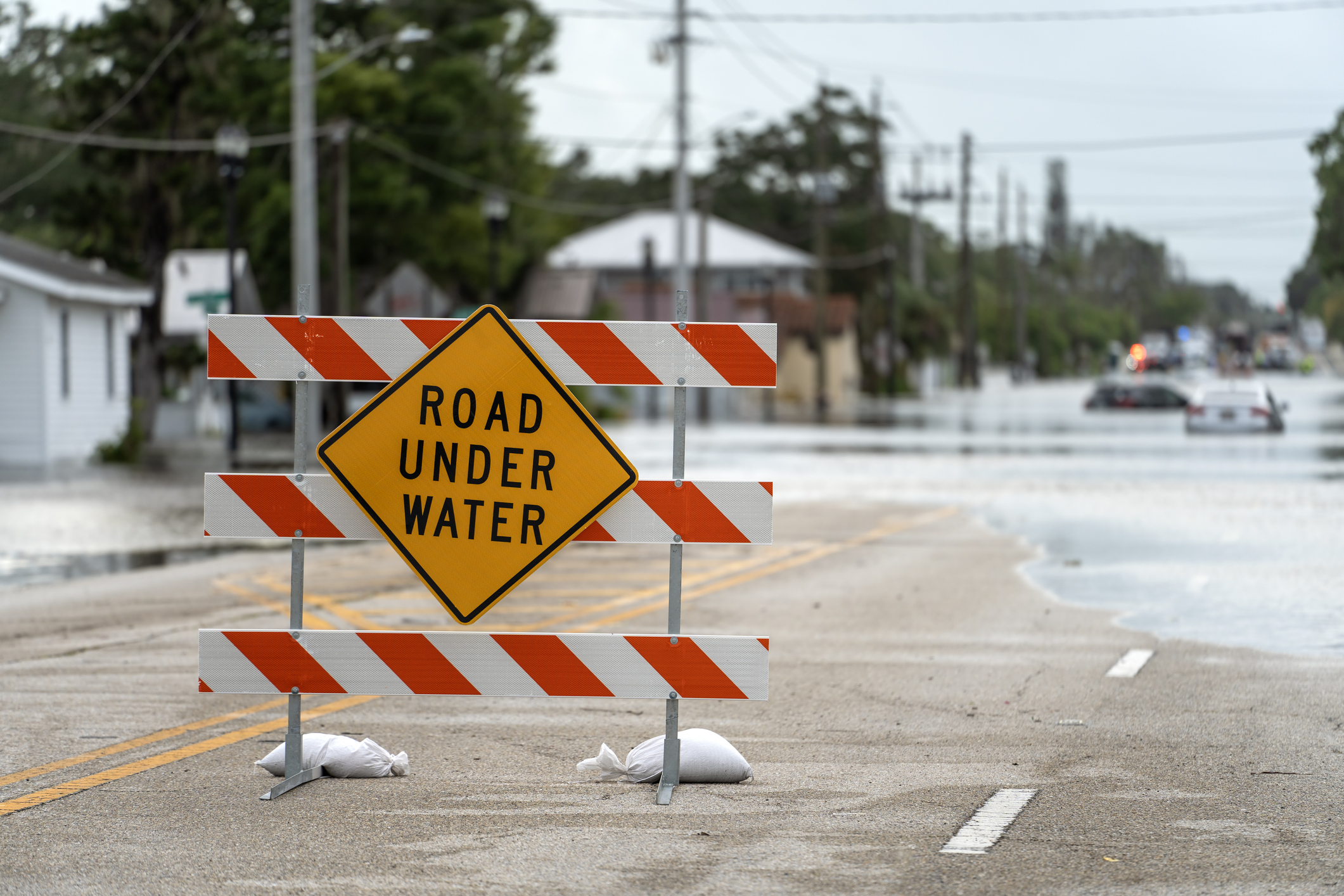Download the complete study here.
Key Findings
- Low-carbon fuel standards (LCFS) have been tried in British Columbia, California, and Oregon and the results consistently show high costs and small environmental benefits.
- Using existing prices from California, the LCFS in Washington would cost about 36 cents per gallon of gas when fully implemented.
- The LCFS is also about 29 times as expensive as other CO2-reduction projects used by Seattle City Light and publicly available, wasting 97 percent of the cost of a LCFS.
- Studies from the Department of Ecology and the Puget Sound Clean Air Agency also show the LCFS is poor at reducing traditional air pollutants like particulate matter.
- Data from California also demonstrate that the small reductions in particulate matter are heavily weighted to rich communities, with wealthy residents receiving twice the air pollution benefit as poor residents.
- Research and the history of biofuel mandates in Washington also shows it is unlikely to generate new jobs in the state for manufacturing or farmers.
Introduction
Governor Inslee failed to gain public support for his carbon tax initiative in 2018, so he has turned to a piecemeal approach to imposing CO2 emission limits.
Last year, the Legislature enacted a requirement that requires Washington state to use 100 percent non-CO2 electricity by 2045. The latest element of this push is an effort to reduce transportation-related emissions known as a low-carbon fuel standard (LCFS), as proposed by HB 1110 and SB 5412. This Legislative Memo shows how these bills propose a wasteful and ineffective approach based on imposing an LCFS rule that would not achieve the environmental and jobcreation results its sponsors promise.
Transportation emissions account for about 43 percent of the state’s CO2 emissions according to the latest inventory from the Department of Ecology.1 An LCFS would require Washington residents to reduce the carbon-intensity of fuels they use by 20 percent in 2035.
Washington would join California, Oregon, and British Columbia in implementing an LCFS. Those jurisdictions offer some lessons for Washington legislators about the chances of meeting the goals outlined in the legislation, which include claims it would “decrease greenhouse gas and conventional air pollutant emissions, while positively impacting the state’s economy.”2
Finish reading the complete Legislative Memo here.




